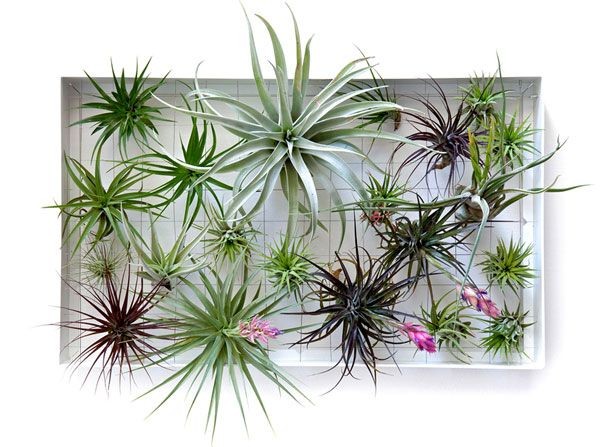Maintaining a sustainable home requires more than recycling and using energy-saving appliances. What is often overlooked is how we handle our waste and sewer systems. Eco-friendly sewer solutions not only protect the environment but can also make homes healthier and more energy-efficient. Here are six eco-friendly sewer solutions that can make your home more sustainable and minimize the need for emergency sewer repair in Pittsburgh.
1. Install Green Plumbing Fixtures
One simple way to make your sewer system eco-friendly is by installing low-flow toilets, faucets, and showerheads—otherwise known as “green plumbing fixtures.” Installing these green fixtures uses less water, which reduces strain on your sewer system while decreasing wastewater production. Plus, using less means fewer resources are consumed to heat that water, heating your home more energy efficiently! Having green plumbing fixtures installed is the first step toward building sustainable homes!
2. Rainwater Harvesting Systems
Rainwater harvesting systems collect and store rainfall from your roof for later use. You can utilize this rainwater for various uses – watering the garden, flushing toilets, or even as part of your plumbing system – thereby decreasing demand on municipal supplies and decreasing what enters sewer systems – especially helpful during heavy downpours! Using rainwater as part of this system reduces drain blockages, which reduces sewer repair in Pittsburgh or similar cities facing similar issues.
3. Greywater Recycling Systems
Greywater refers to relatively clean wastewater from bathtubs, sinks, washing machines, and kitchen appliances such as fridges. Greywater recycling systems treat and reuse this non-potable wastewater for non-potable uses like irrigation and toilet flushing – further saving water by decreasing what goes down your sewer and decreasing overall consumption – not only does recycling greywater reduce costs for sewer treatment facilities, but it can help save the planet! By conserving greywater we not only reduce sewer system burden while decreasing overall consumption, but we help both save planet Earth!
4. Permeable Pavements
Traditional concrete and asphalt pavements are impermeable, leading to rainwater runoff in sewer systems for disposal, resulting in flooding and overflows of sewer systems. Permeable pavements offer an alternative: they permit rainwater seepage into and absorption by ground surfaces via natural processes. This reduces how much enters sewer systems while helping replenish groundwater supplies, making permeable pavements an efficient, sustainable stormwater management option for driveways, walkways, and patios.
5. Constructed Wetlands
Constructed wetlands are artificial systems designed to emulate the natural filtration process of natural wetlands, using plants and soil filters to treat wastewater, using plants as filters to filter contaminants, and treating greywater and blackwater (waste from toilets). Constructed wetlands offer an eco-friendly solution for wastewater management while adding biodiversity to your locality by offering wildlife a habitat.
6. Sewer Inspection and Maintenance
Regular sewer system inspection and maintenance can prevent significant issues like blockages and leaks. Advanced technologies like video inspection can detect problems early, leading to timely repairs while decreasing environmental contamination risk. Eco-friendly methods, like trenchless sewer repair, require fewer resources compared with traditional methods—an advantage in regions like Pittsburgh where older infrastructure is common. Staying on top of maintenance helps avoid expensive repair bills while contributing towards creating a sustainable home environment.
Neighborhood Plumbing
Implementing eco-friendly sewer solutions into your home can significantly reduce environmental impact and create a more sustainable future. Each of these strategies helps conserve water, decrease pollution, and ensure the efficient functioning of our sewer systems—be it installing green plumbing fixtures or looking into rainwater harvesting systems. Every effort towards more sustainability makes a difference, and maintaining healthy sewer systems is not just great for the planet but can also ensure better well-being in homes and communities alike!
Article Submitted By Community Writer




